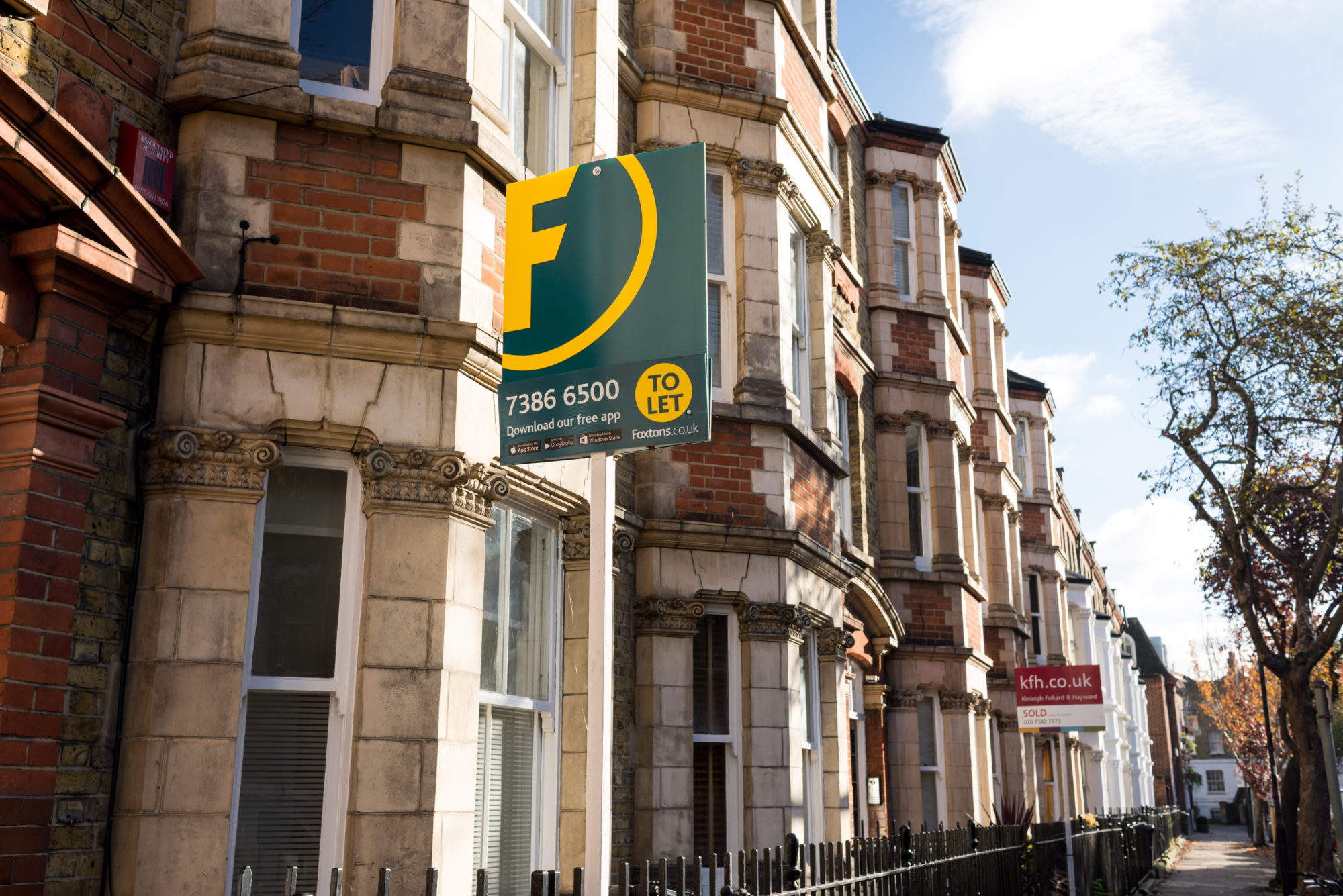
With six months to go until the Brexit deadline, the impact of ongoing negotiations is being felt across numerous industries. The effects of Brexit uncertainties, as well as the prospect of leaving the EU without a deal, are being felt by the property market, with growth slowing over the past few months.
Here’s a roundup of the latest ways Brexit house prices are being felt.
Confidence in the property market is low
Last week, The Royal Institution of Chartered Surveyors (RICS) published its annual Residential Market Survey, the results of which painted a worrying picture of a stalling housing market.
The September 2018 RICS UK Residential Market Survey indicated that there is less of a demand for properties from new buyers, and that sales are taking longer to compete.
The survey revealed that headline house price balance fell to a four-month low of -2, and new buyer demand was at -11%. In another sign of a market struggling for momentum, the time taken to complete a sale (from initial listing) has increased to approximately 19 weeks.
The figures are developed from the results of a monthly survey conducted by the Royal Institution of Chartered Surveyors, and indicate that Brexit uncertainties may be leading to stagnation in the property market due to increasing caution among buyers.
How well do you really know your competitors?
Access the most comprehensive Company Profiles on the market, powered by GlobalData. Save hours of research. Gain competitive edge.

Thank you!
Your download email will arrive shortly
Not ready to buy yet? Download a free sample
We are confident about the unique quality of our Company Profiles. However, we want you to make the most beneficial decision for your business, so we offer a free sample that you can download by submitting the below form
By GlobalDataThis is the most pessimistic surveyors have been about house prices since the Brexit vote in 2016.
There are fewer properties on the market
For a second month running, there has been a decline in the number of new property listings in both the sales and lettings markets.
According to the RICS survey, the number of inquiries from buyers fell to -11% from -9% the previous month, indicating that the number of properties sold over the next twelve months looks likely to drop.
Overall the number of homes for sale in 2018 is the lowest it has been in a decade. This suggests that buyers are holding off on home-buying, choosing instead to wait and see what the aftermath of Brexit will be.
Fears over a no-deal Brexit have had an impact
Last month, governor of the Bank of England Mark Carney warned that a no-deal Brexit could wipe 35% off the United Kingdom’s housing market, as well as an increase in mortgage rates.
During a special cabinet meeting on government preparations for a no-deal Brexit, Carney told cabinet ministers that the financial implications of leaving the EU without a deal could be as severe as the 2008 financial crisis.
Although this was intended as a worst-case scenario, it appears to have had an impact on confidence in the property market.
Chris Clark of Ely Langley Greig chartered surveyors believes that such predictions have had an impact on the perception of the property market:
“Longer term very hard to predict given Brexit uncertainties. I think that many people have a high regard for Mark Carney and the risk is that his prediction of a fall in values in the event of no-deal may become a self-fulfilling prophecy.”
London house prices are falling
While prices remain flat nationally, property prices in the capital fell by 0.7% in the third quarter of this year, and by 1.9% in the second, according to a study by Nationwide. Although London house prices are still notably higher than the rest of the country, this is the first time since 2009 that prices in the capital have not increased, with the average price of a house falling by about £2500.
According to the RICS survey, 47% more surveyors in London said they thought there would be a fall in house prices in the next three months. Northern Ireland and Wales were the only areas reported to have seen a rise in sales during September.







